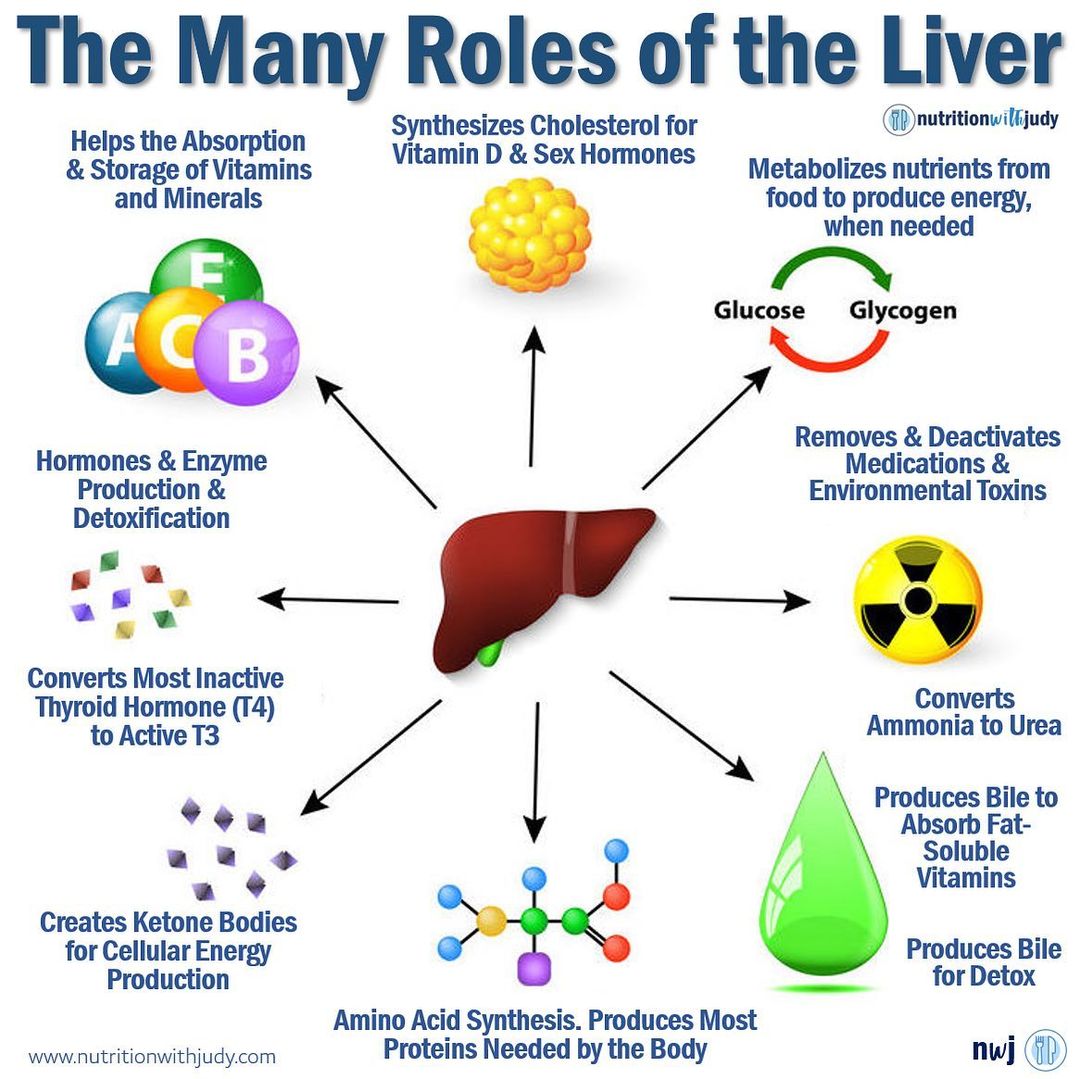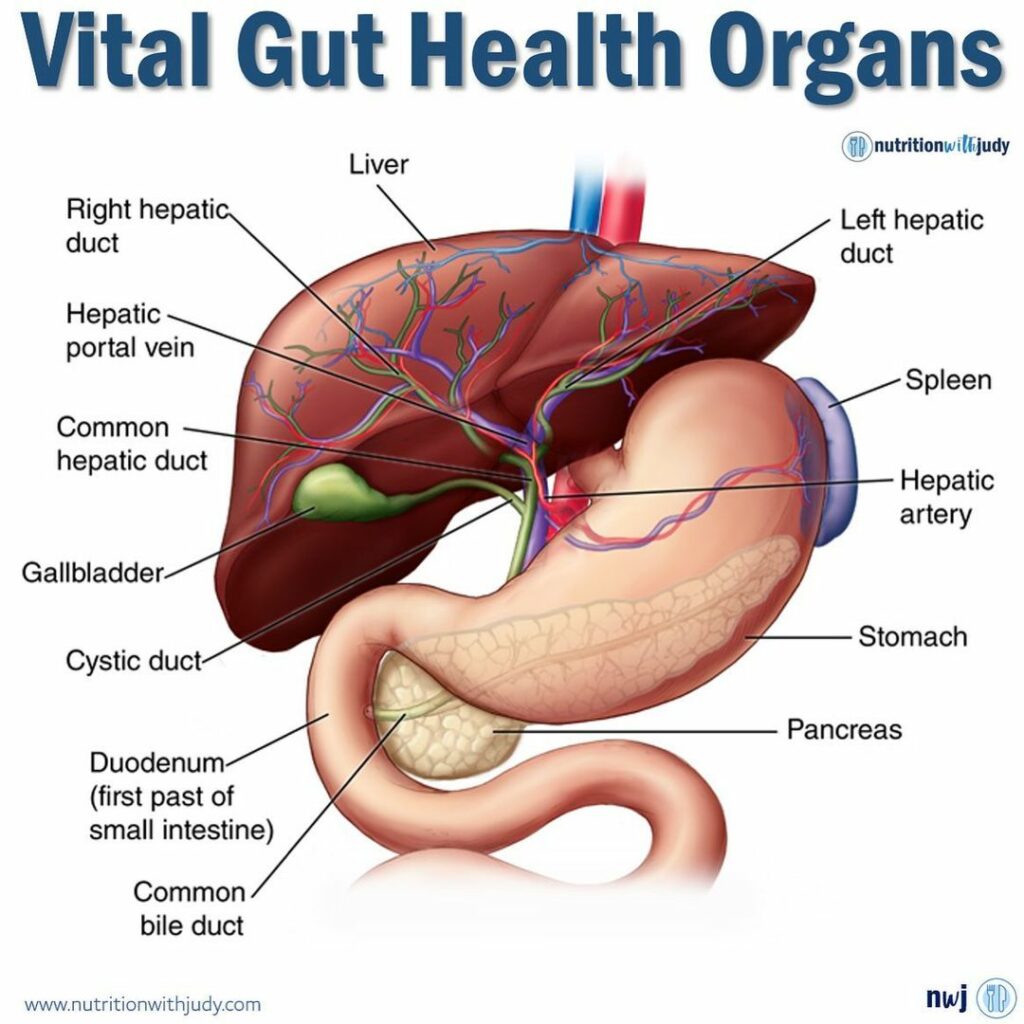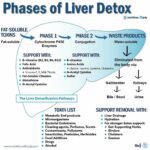

Microblog: The Many Roles of the Liver


🌟The liver is one of the only organs that is able to replace damaged tissue with new cells rather than scar tissue.
💊For example, an overdose of acetaminophen (Tylenol) can destroy half of a person’s liver cells in less than a week.
✨The liver can repair itself completely and, within a month, the liver will show no signs of damage.
🥀But if the liver is chronically exposed to toxins and wear/tear, the liver will give. That’s why we see NAFLD. We see liver disease and cirrhosis.
💡Most often, liver stress is because of a protein deficiency, poor digestion, and a poor-nutrient diet that allows an increased toxic burden to build up.
❗️Not So Fun Fact: Fat burning is not a priority for a liver under stress.
⚖️That’s why you must be healthy to lose weight and not, lose weight to get healthy. You must support liver health to support the body’s fat burning abilities.
⚠️If your liver isn’t in good health, it will stores toxins in fat cells until the liver can properly detox.
⚠️And any excess or toxic load will cause a less than ideal functioning liver, especially long-term.
❗️So while some people think hypervitaminosis (from animal liver consumption) is not a real thing, you can easily see how it can be, over time (based on YOUR liver health)
❗️Excess vitamin A is stored in stellate cells in the liver and accumulation can lead to their activation and hypertrophy, excess collagen production, fibrosis and liver injury.
❗️The liver can store years’ worth of Vitamin A but only stores months of other nutrients.
If you aren’t having success in some of the ways the liver functions:
✖️Poor digestion and protein/fat breakdown
✖️Not enough ketones
✖️Poor energy
✖️Hypothyroid symptoms
✖️Not enough vitamin D and sex hormones (eat cholesterol-rich fats)







